The Supreme Court has reined in the authority of district court judges by ruling unconstitutional the ever more common practice of universal injunctions, an abuse of Article III power that cried out for the Court’s intervention. Trump v. Casa is a long overdue vindication of the limits of constitutional power.
Sadly, yet increasingly predictably, some progressives claimed the end was nigh… again. In dissent, Justice Ketanji Brown Jackson’s words fairly smoldered from the page: “It is not difficult to predict how this all ends. Eventually, executive power will become completely uncontainable, and our beloved constitutional Republic will be no more.” She further lambasted her colleagues’ 6-3 majority decision as “an existential threat to the rule of law.”
Reality check: democracy is alive and well. In fact, the rule of law prevailed in a court of law today. Claiming otherwise is wrong and incendiary. At its worst, grossly overheated rhetoric implicitly promotes the kind of violence that led to two assassination attempts against President Trump, near-lethal violence against Congressman Steve Scalise and threats against conservative justices. If the ends justify the means, why would not an extremist feel driven to take a shot, literally, at the leaders whom the voices in his head suggest to him are the greatest threat to the rule of law since the founding of the republic?
Justice Amy Coney Barrett, the mother of seven and a woman clearly not given to intemperate public outbursts, urged her colleagues to stay calm and carry on in the opinion she authored for the Trump v. Casa majority. For not the first time, Justice Barrett urged judicial humility and civility, while she exposed the illegitimate premise of one of the dissents: “We will not dwell on Justice Jackson’s argument, which is at odds with more than two centuries’ worth of precedent, not to mention the Constitution itself. We observe only this: Justice Jackson decries an imperial Executive while embracing an imperial Judiciary.”
Justice Barrett’s opinion for the majority challenged Justice Jackson’s dissent in terms that are sometimes strong, but not actually personal. Rather, Justice Barrett simply pointed out that the Jackson dissent’s “startling line of attack is tethered neither to these sources [statutes and cases] nor, frankly, to any doctrine whatsoever.”
She questioned why Justice Jackson refused to engage with the text, which Justice Jackson herself quizzically dismisses as a “mind-numbingly technical query.”
She described the cognitive dissonance that should have arisen when Justice Jackson declared that “everyone… is bound by law,” except for a single judge in a single district in a single state, who evidently has the power to order everyone in the country what to do or ceasing doing, immediately.
She sounded the alarm when a judge on the highest court in the land dismissed statutory analysis, one of the fundamental duties of a federal judge, as “legalese.”
This is not personal; this is what intellectual combat looks like.
Recall Justice Barrett’s admonition when the Court ruled that states could not force President Trump off the ballot in Trump v. Anderson: “This is not the time to amplify disagreement with stridency. The Court has settled a politically charged issue in the volatile season of a Presidential election. Particularly in this circumstance, writings on the Court should turn the national temperature down, not up.” Clearly, this is a Justice who will not shy away from pointing out the obvious when a colleague gratuitously throws fuel on the fire.
The fundamental message of Trump v. Casa is that “federal courts do not exercise general oversight of the Executive Branch; they resolve cases and controversies consistent with the authority Congress has given them.” In other words, if voters, the media, or judges, dislike President’s Trump’s policies, the place to defeat him is at the ballot box. No single district court judge has or should have the authority to exercise a veto power over the duly elected president of a nation of 340 million people, under our Constitution. The Supreme Court’s enunciation of that principle is hardly revolutionary; it was the status quo up until the resistance to Trump I.
The Supreme Court already carries a very big stick. Even in dissent, there is no reason for shouting in the pages of the United States Reports.



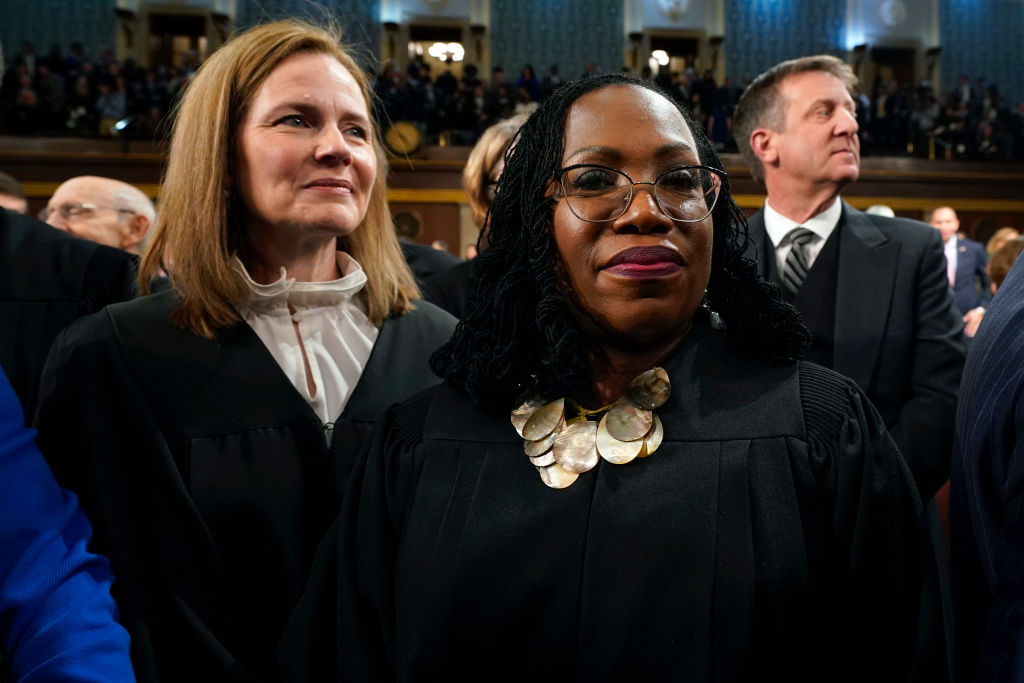







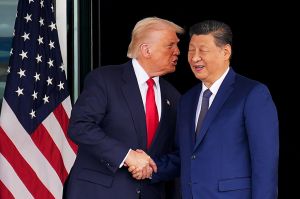

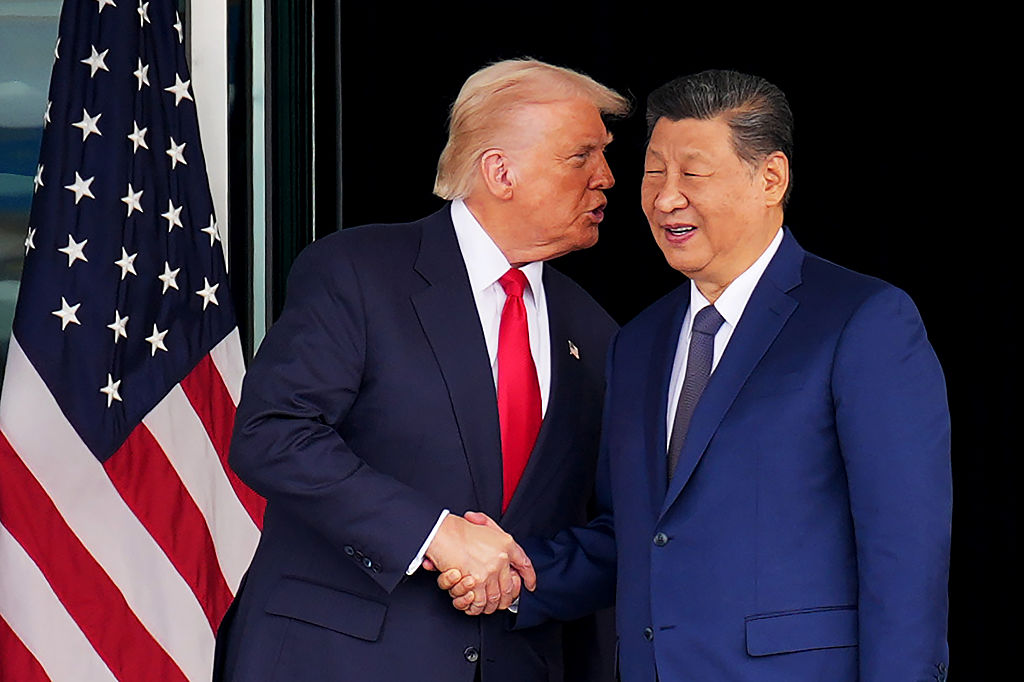
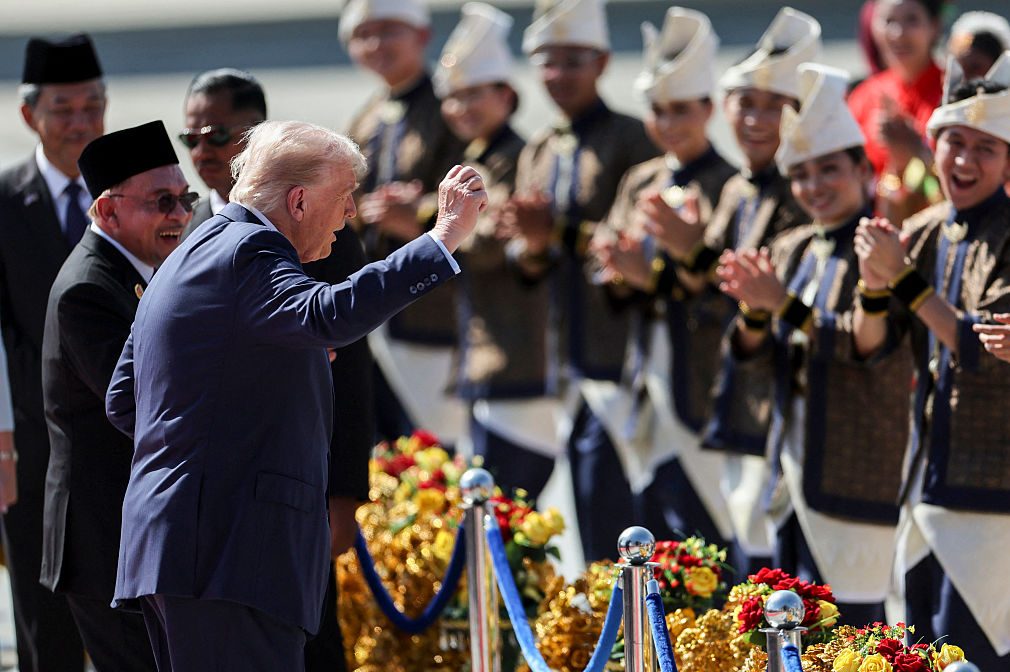
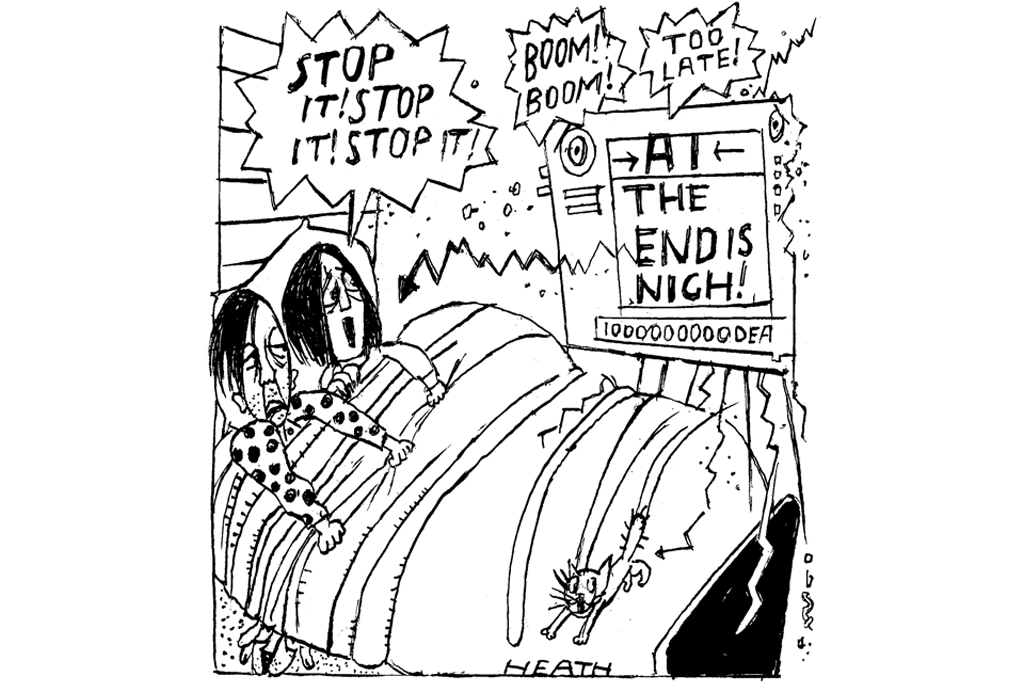










Leave a Reply